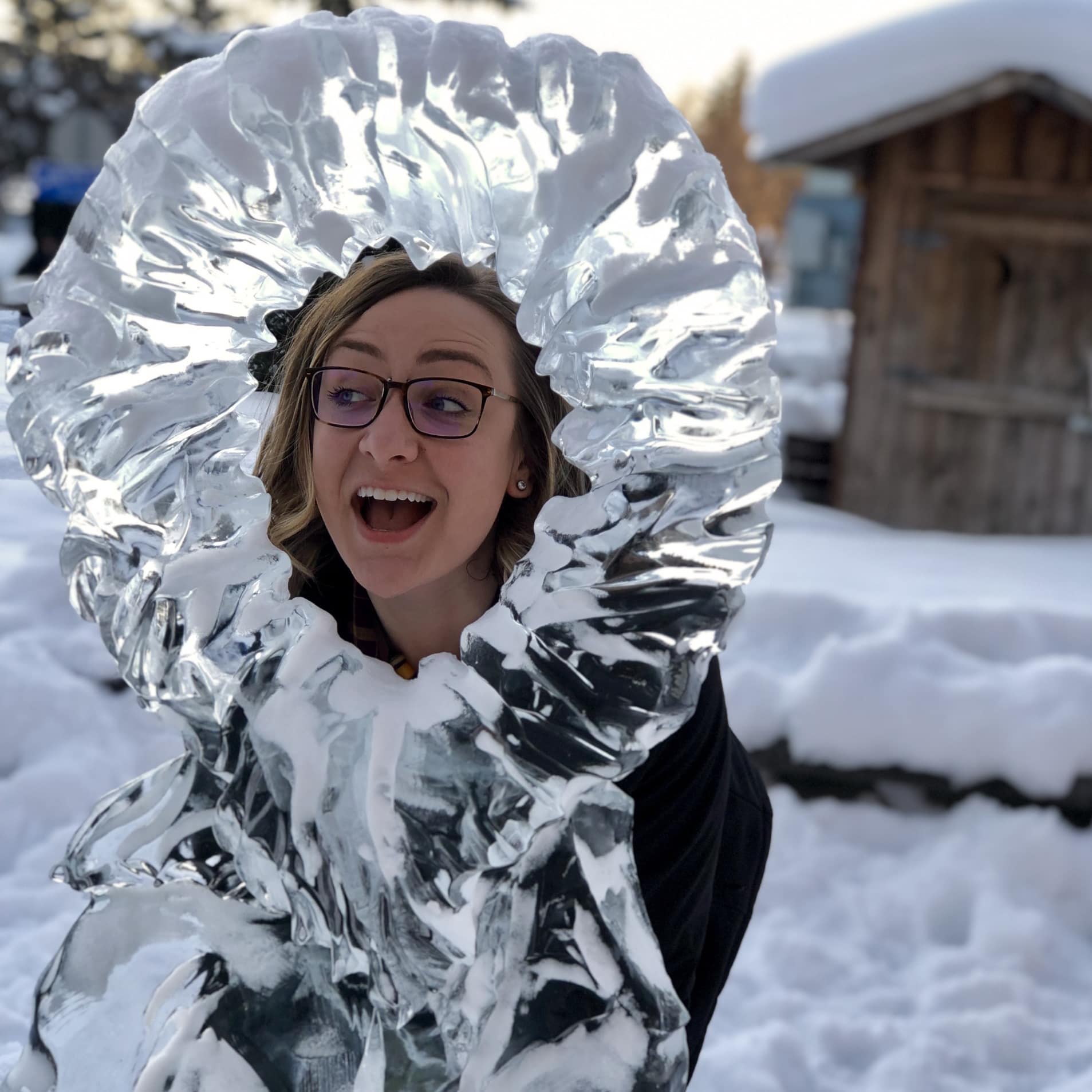
Rachel shared her story in January of 2024.
We have an unhealthy relationship with death in this country. We don’t talk about it. And that affects both how we die and how we grieve. I know from personal experience that many people, when they lose a loved one, tend to suffer in silence, and there’s this expectation that at some point you get over it, like an illness or something. But you’re forever changed. That grief will always be there.
Like grief, death is inevitable. But we can prepare for it.
For 10 years I worked as a tissue donation coordinator. Because organ donors are typically young and healthy people whose deaths were often unexpected and frequently traumatic, I saw families in the midst of intense grief having to make decisions about logistics — what did their loved one want in terms of end-of-life and postmortem care — in the same moment. It was painful to watch.
Over time, I started wondering if there are better ways to deal with death. After COVID hit, the tissue donation world screeched to a halt while everyone scrambled to change their criteria to be sure they weren’t playing a role in transmitting the virus. I had some time on my hands. I started thinking about how I might dedicate the rest of my professional life to making end-of-life options available and offering education on what those options are and could be.
I went back to school for an MBA, and in 2020 and 2021, I co-founded two nonprofits, one of which is Alaska End-of-Life Alliance. Our mission is to be sure Alaskans get the end-of-life care they need, including advance care planning, care of the body after death, and support for loved ones after a person has died, among other things. We’ve become a hub for end-of-life doulas to meet and talk, for example, and now there are three death doulas on our board.
Another big component of our work is helping people understand what hospice care and palliative care are. How do these services differ? How do they overlap? What does quality of life look like when someone is dying? How can a dying person be kept comfortable?
Of course, having conversations with your loved ones about your wishes is one of the most important ways to prepare for the end of life. It’s also a gift to your loved ones. I’ve heard some people say, “I haven’t made those decisions yet because I want it to be whatever my kids want.” That’s not a gift for your kids. They’re going to agonize over that decision, and in some cases it can even be a huge source of conflict. We buy insurance for our cars and our houses; we wear seatbelts; we do all kinds of things in preparation for “what if?” But the one thing that is guaranteed across the board, so many people make no preparations for. Let’s talk about ways to have a meaningful, quality end-of-life journey. Let’s embrace the beauty in that.
Mail contributions directly to:
Compassion & Choices Gift Processing Center
PO Box 485
Etna, NH 03750